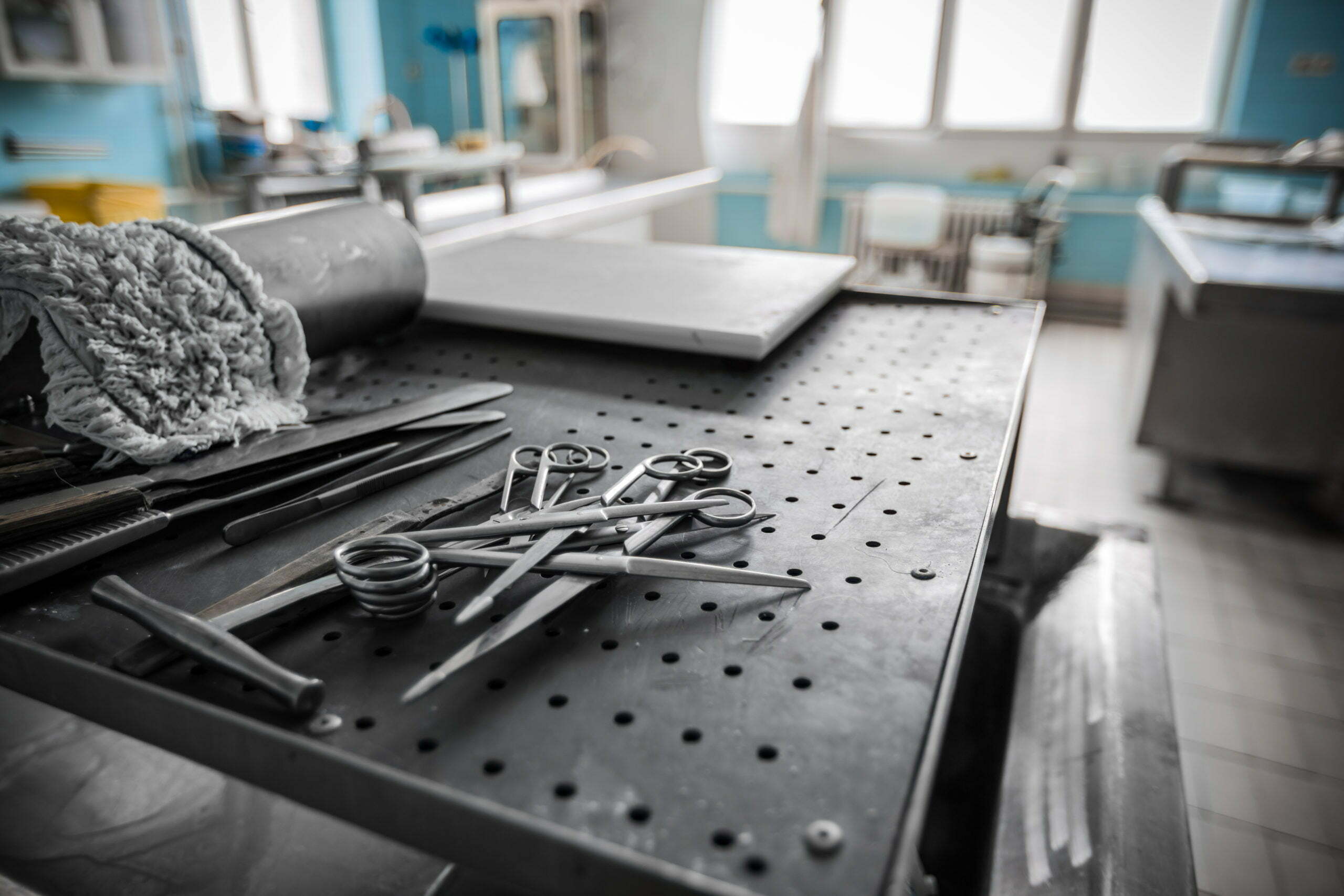The role of the medical examiner is important and well-respected in law enforcement and the medical community. Gaining experience in this field not only leads to roles with greater responsibility and flexibility but also typically earns a higher salary. As crime is rising day by day due to the huge growth of the population, there is a growing demand for medical examiners.
In This Article
What is a Medical Examiner?
A medical examiner or coroner is a medically qualified government officer who performs the postmortem examination of a body in order to determine the cause of the death of the person. They deal with the dead bodies whose death is caused by various causes like accident, suicide, murder, or disease.
Autopsies are usually performed by many types of doctors including forensic pathologists appointed by state and local governments. The job of medical examiner includes the responsibility of:
- Examining the body of dead persons
- Investigating the reason of their natural death by examining their body tissues, organs, fluids and cells in the labs
- Scrutinizing toxicology reports to collect data
- Studying previous medical reports of the dead persons
- Studying police reports to collect evidences from them
- Examining the test reports received from laboratories
- Maintenance of files for legal purposes
There are two kinds of medical examiners, one is an anatomical examiner and the other is a forensic pathologist.
Anatomical Examiner
An anatomical medical examiner investigates the internal organs of the dead body to determine the cause of the death from various forms of disease or related illness.
Forensic Examiner
A forensic medical examiner helps the police department or other law enforcement agency investigate the crime fatality. When the investigation is completed and the likely cause of the death is determined, the medical examiner prepares a report that will be used in the criminal case.
The medical examiner also testifies in legal proceedings regarding their findings and report prepared. The primary responsibility of the medical examiner is to assess their findings and data and convey them accordingly.
Other Duties
The medical examiner sets up assessments as well as examines the policies and operational practices of their department. The lawful motive of the medical examiner is to preserve the general people’s health as well as the legal necessities of the state.
Medical examiners are not like morticians. Morticians prepare bodies for funerals, interact with the deceased’s loved ones, and manages other parts of the funeral process similar to that of a funeral director.
Medical Examiner Salary
According to Salary.com, the average Medical Examiner’s salary is $110,435 as of July 28, 2021, but the salary range typically falls between $87,337 and $139,861.
The range of medical examiner salary depends upon a number of factors including educational qualifications, certification, location of the appointment, and work experience.
How to Become a Medical Examiner
Qualification
The medical examiner should have a bachelor’s medical degree. Having a master’s degree in this profession is even better. One needs to have at least 4 years of experience in this field. The medical examiner should have the 4 years training diploma certificate and also a residency of one year in forensic pathology.
Licensure
You must have a license for practicing in this profession. You will have to pass the examination conducted by the USMLE (United State medical license examination board) in order to obtain a license.
Skills Required
A medical examiner should possess some skills related to their profession such as:
- Good communicational skills
- Proactive in nature
- Ability to think practically
- Expert in the pathology
- Computer knowledge
- Alert mind
- Unflappable
- Sense of responsibility
- Able to perform individually
- Ability to work under stress
- Aware about the latest technologies that are used for the investigation purpose

